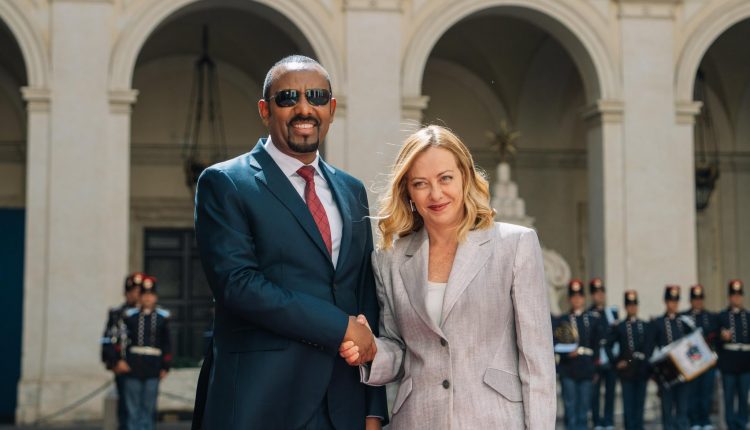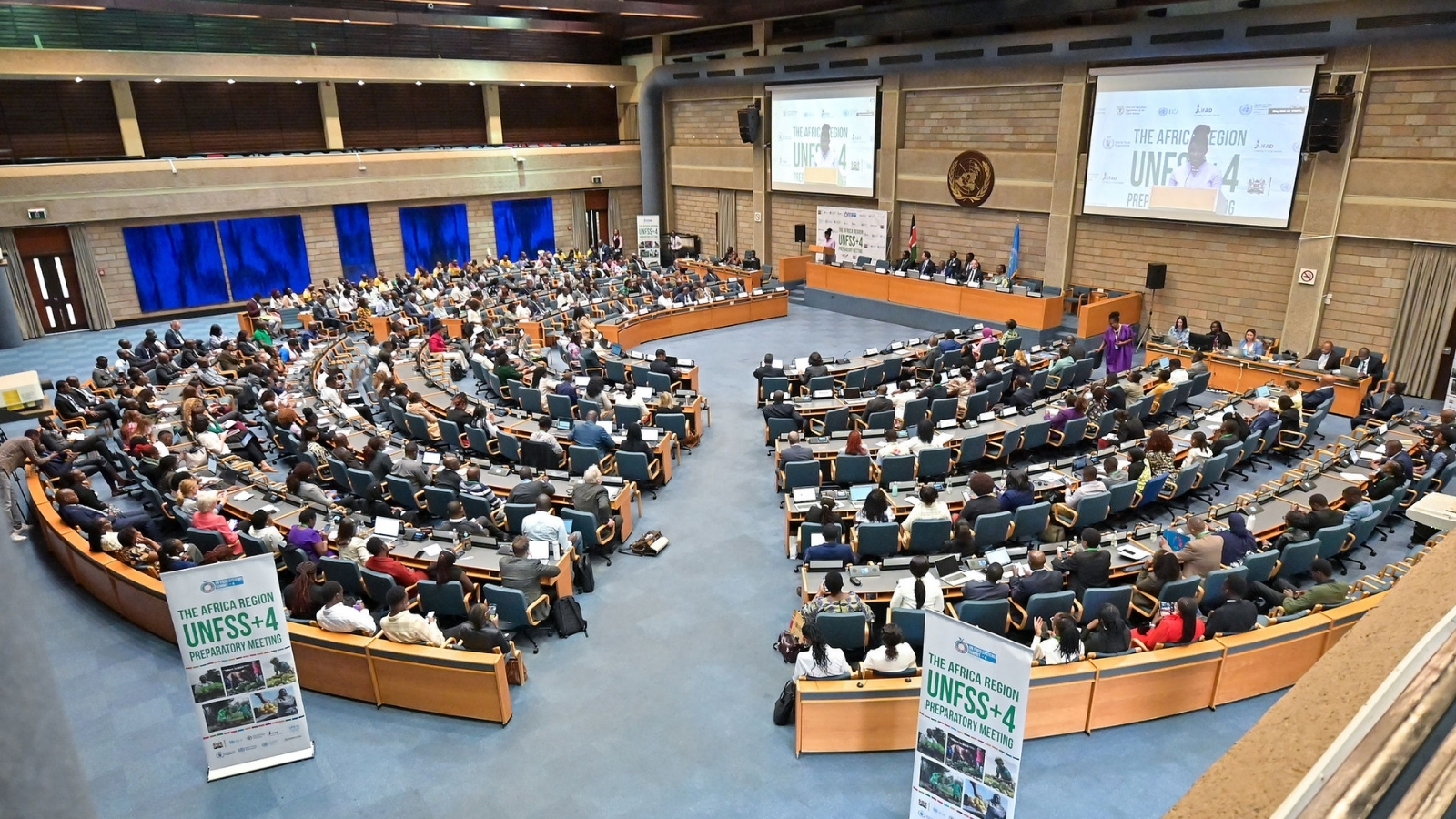Ethiopia: Addis Abeba Hosts UN Food Summit, but the Country Is in Crisis


Ethiopia: Addis Ababa hosts UN Food Summit, but the country is in crisis
The choice of location sparks debate


Ethiopia: Addis Ababa hosts UN Food Summit, but the country is in crisis
The choice of location sparks debate
Lascia un commento